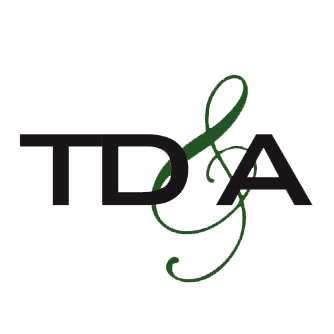Safeguarding Your Wealth: The Power of Privacy Trusts for Asset Protection
In an increasingly interconnected world, the need for asset protection has never been greater. Whether you're a business owner, a real estate investor, or someone with significant wealth, safeguarding your assets while maintaining your privacy is a top priority. One powerful tool that has gained attention in recent years is the privacy trust. This legal arrangement not only shields your wealth from potential threats but also keeps your name out of the public record, offering a level of confidentiality that other strategies often lack.
Privacy trusts, also known as anonymous trusts or confidential trusts, are designed to shield your assets from prying eyes and potential legal risks. Unlike traditional trusts, where the beneficiaries and details are often a matter of public record, privacy trusts operate under a veil of secrecy, making it difficult for outsiders to ascertain your financial holdings and personal details.
One of the most significant advantages of a privacy trust is its ability to keep your name out of the public record. This aspect is particularly appealing to high-net-worth individuals and business owners who value their privacy. By not revealing your ownership of specific assets, you can prevent potential threats such as frivolous lawsuits, predatory individuals, and even kidnappings that can arise when your wealth becomes widely known.
Moreover, privacy trusts offer substantial protection against creditors and legal claims. In the unfortunate event that you face a lawsuit or financial setback, having your assets held within a privacy trust can make it more challenging for creditors to seize those assets. This layer of protection can give you valuable time to negotiate or settle disputes without compromising your financial stability.
The confidentiality aspect of privacy trusts also extends to estate planning. When assets are held in a privacy trust, the distribution of those assets upon your passing remains discreet and shielded from public scrutiny. This not only respects your family's privacy during an emotional time but also prevents potential conflicts that could arise from public knowledge of your estate's details.
However, setting up a privacy trust is a complex legal process that requires careful consideration and expert guidance. Leave the complexities to the professionals at Tresp, Day & Associates. We have successfully structured our clients’ assets to provide protection and privacy while complying with the legal requirements of their jurisdiction. If you are interested in learning more, please reach out to us at Tresp, Day & Associates.
